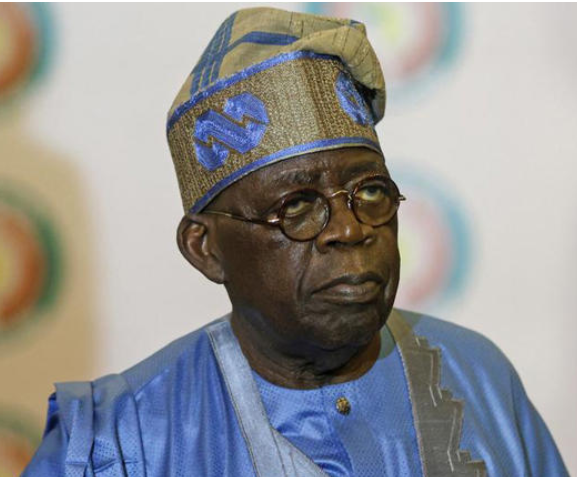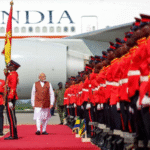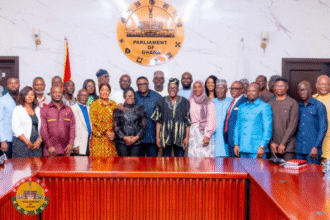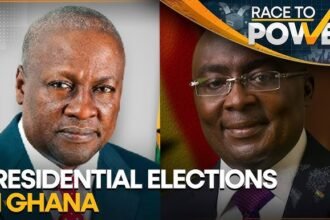By Isaac Okoro
Abuja, Nigeria – Faced with a tide of defections to the ruling All Progressives Congress (APC), Nigeria’s opposition leaders have formed a new grand coalition, the Africa Democratic Congress (ADC), with the ambitious goal of challenging President Bola Tinubu’s hold on power in the 2027 general election. But as the new alliance emerges, questions linger about its potential to unseat a formidable incumbent.
The ADC, spearheaded by prominent figures including former presidential candidate Peter Obi and ex-Vice President Abubakar Atiku, along with former Kaduna State Governor Nasir El-Rufai and former Minister of Transportation Rotimi Amaechi, asserts that its unity is crucial to address Nigeria’s deteriorating economic conditions under the Tinubu administration.
“We are fighting for the soul of the country, that is what this coalition is about,” Yunusa Tanko, a member of the ADC and coordinator of Obi’s “Obidient” movement, told DW. He painted a grim picture of the nation: “The Nigerian system is in a bad state — there’s hunger in the land, rising insecurity, and clear disdain for democratic values.” Tanko added that the coalition is a “collective effort to fight for the soul of Nigeria and defend the essence of democracy,” aiming to alleviate widespread suffering.
Despite Nigeria’s history of peaceful elections since 1999, which have often been marred by allegations of fraud and political violence, the prospect of a united opposition raises hopes for some.
However, President Tinubu’s ruling APC has quickly dismissed the new formation. Binta Garba Massi, a former lawmaker and staunch Tinubu supporter, characterized the ADC as a “coalition of retired politicians without electoral value.” While acknowledging the democratic health of such alliances, she cautioned against underestimating the challenge of unseating an incumbent. “The process of trying to unseat an incumbent president is another issue,” she stated to DW.
Nigerian politics is no stranger to coalitions. Notably, the APC itself was forged from an opposition merger in 2015, successfully ending the People’s Democratic Party’s (PDP) 16-year reign and ushering in Muhammadu Buhari’s presidency. Yet, observers suggest the current dynamics are starkly different.
“I think it’s too early to say if the coalition can make any real impact,” commented Mallam Baba Yusuf, a political analyst, to DW. “If we consider the current political dynamics in Nigeria, it seems more like just another political gathering.” Yusuf highlighted that the APC’s 2015 success stemmed from a distinct “methodology, approach, and mindset” which he believes is lacking in the current opposition efforts. “Unless the current opposition leaders significantly change their strategy, I don’t see them making much of a dent,” he concluded.
The formation of the ADC comes as Nigerians grapple with severe economic hardship. Since his inauguration in May 2023, President Tinubu’s government has implemented bold reforms, including the removal of fuel subsidies and the floating of the naira. While a recent World Bank report noted Nigeria’s largest economic growth in a decade, these measures have triggered a surge in the cost of living, making basic necessities unaffordable for millions and fueling public frustration.
Despite the economic woes, President Tinubu’s allies exude confidence. Garba Massi reiterated the APC’s strength: “As they are coalescing, the current administration is strategizing… APC is still standing strong and waxing stronger. At the end of the day, APC will clinch that seat in 2027 by the special grace of God.”
Organizers of the ADC coalition indicate that discussions are ongoing, with a clear roadmap to register the new party and present a single, formidable opposition presidential candidate in the 2027 election. The path ahead, however, remains fraught with uncertainty in a political landscape known for its unpredictable shifts.









